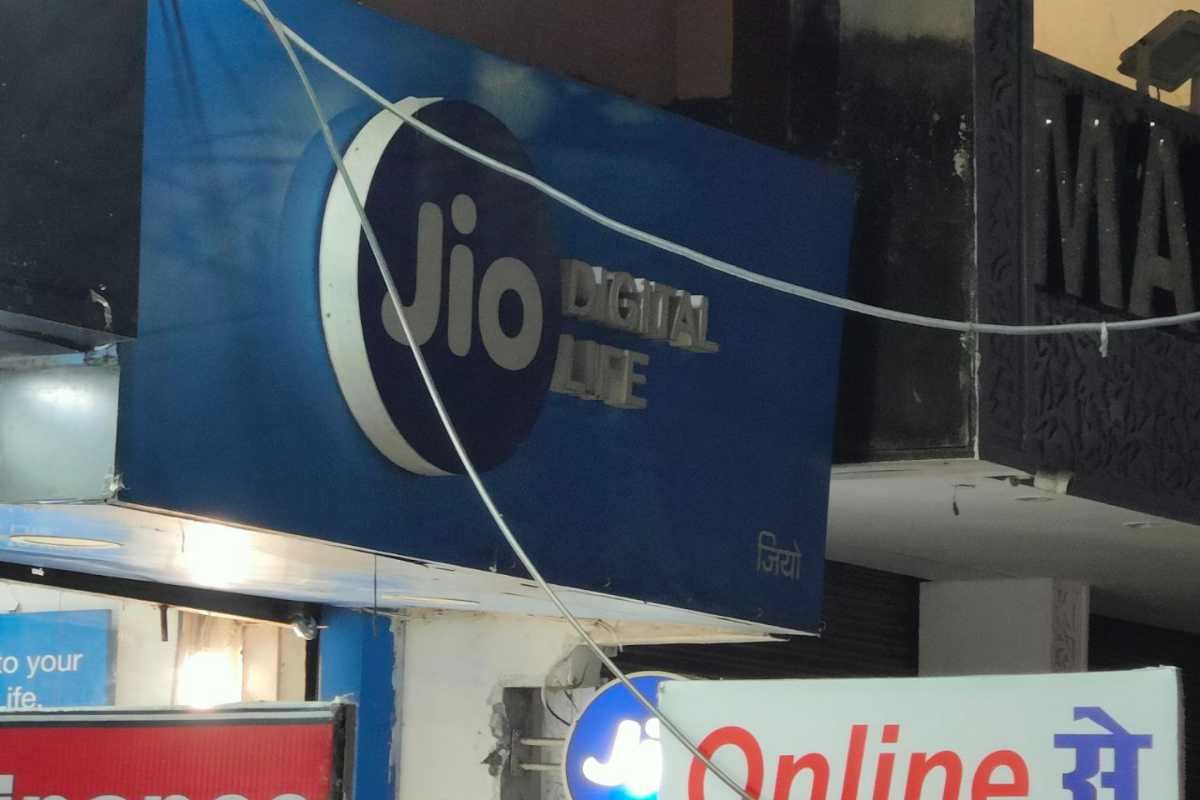Reliance Jio, India’s largest telecom operator, recently launched new postpaid plans along with a new highly affordable broadband offering. Jio’s new plans raised concerns among investors about the potential effect it would have on rate hikes. The concern was the delay in the rate increase when Jio lowered the price of postpaid plans for families and broadband plans with add-on entertainment. But ICICI Securities said in its latest report that Jio’s new plans won’t slow rate hikes.
In fact, this is the first time that Jio has increased the base postpaid rates from Rs 199 to Rs 299. The brokerage firm said that in the past, Reliance Jio’s postpaid plans had a 33-50% discount over Bharti Airtel’s plans, but now the same has been reduced to 20-40%. This means that Jio has narrowed the price gap, which is positive for the industry and the telco.
Read more – Bharti Airtel active subscriber addition stable despite rate hike: ICICI report
Jio’s move to introduce new attractive postpaid rates may attract postpaid users of Vodafone Idea (Vi), which has not yet been able to launch 5G. Airtel and Jio postpaid customers enjoy unlimited data on 5G networks. Furthermore, Jio’s affordable broadband offering is designed to disrupt the pay-TV market, which has been struggling for some time.
Jio’s parent company, Reliance Industries Limited (RIL), through its subsidiary Network18, owns the digital rights to stream the Indian Premier League (IPL) between CY23-27. By offering 5G and a free IPL viewing experience on the JioCinema app, Reliance Industries is trying to disrupt the pay TV market.
Rate increases will follow after IPL 2023
ICICI Securities believes that the price increases in the prepaid mobile services division are likely to come after the completion of IPL 2023. In addition, the brokerage firm said it has assumed Airtel’s business ARPU (average revenue per user) to register a CAGR of 8 .4% over the next two years. The brokerage firm’s assumption includes a natural ARPU growth of 4-5% resulting from the user shift from 2G to 4G/5G.

